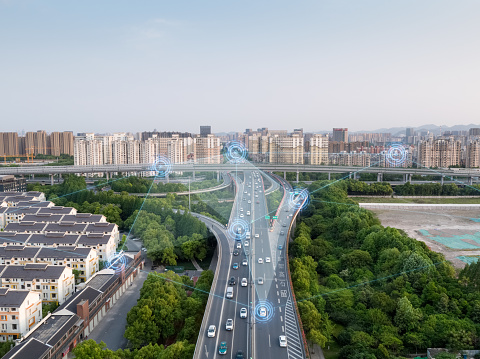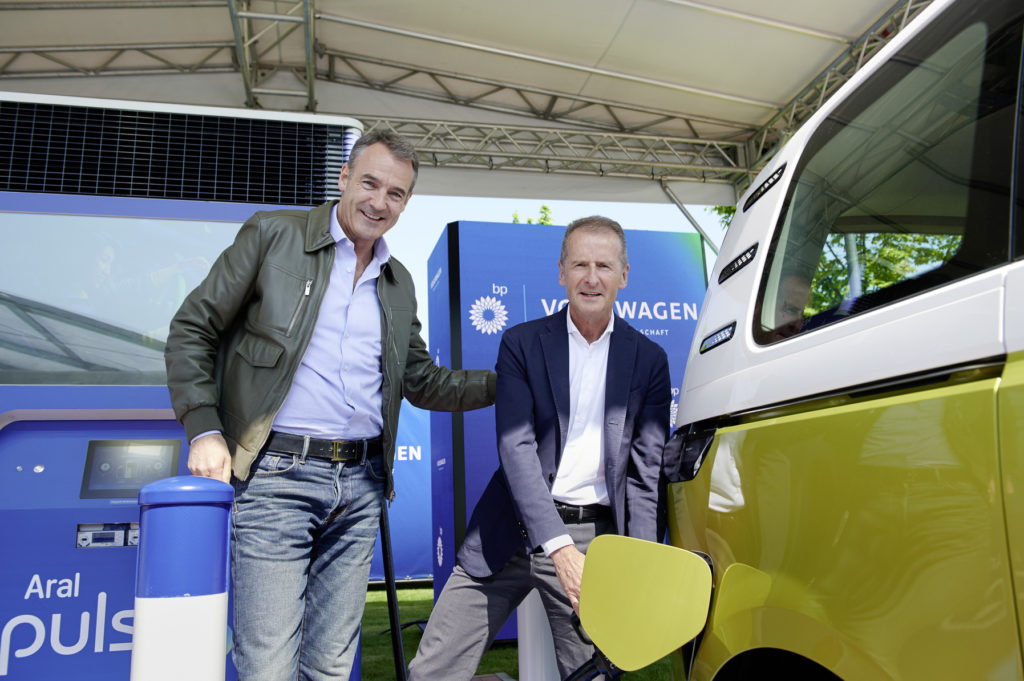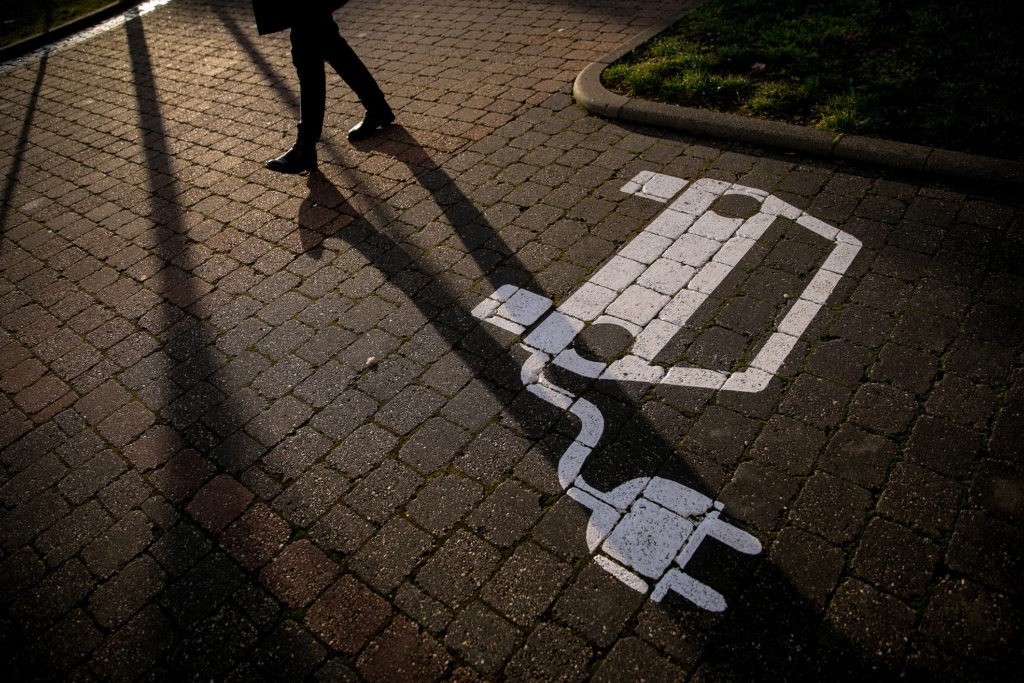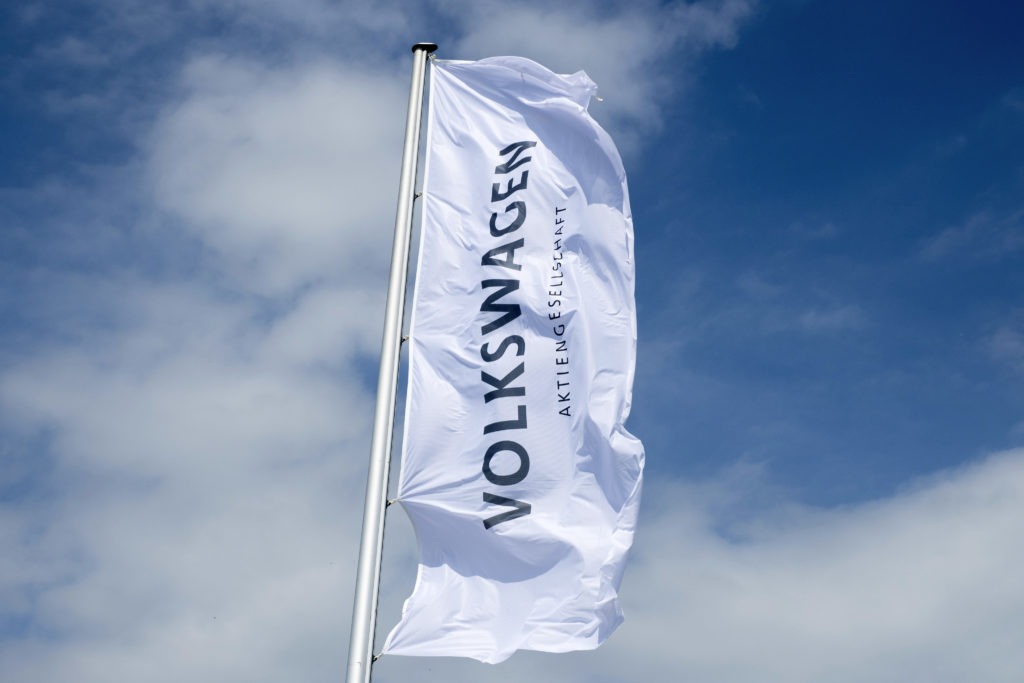VW Group increases electric-vehicle spending to €10 billion in Spain
11 May 2022

Volkswagen (VW) Group and its partners have expanded investment plans and will now spend €10 billion to build electric vehicles (EVs) and batteries in Spain, marking the country’s single largest industrial investment. The carmaker has increased the fund amount from a previously announced €7 billion to meet ambitious electrification targets.
VW wants to build Spain’s first gigafactory for powering electric vehicles in Sagunto near Valencia, hoping to transform the country into a European hub for electromobility. The factory will have an annual production capacity of 40GWh, supplying cells to VW Group’s Martorell and Pamplona plants. Construction is due to kick off in 2023, with the site scheduled to open its doors in 2026.
VW also announced a deal with Spanish utility company Iberdrola to build a photovoltaic plant in Sagunto, which will supply the gigafactory with green energy. The solar plant will be located near VW’s EV battery factory and will initially provide 20% of its total electricity.
‘This investment of €10 billion will electrify Spain and Europe’s second-largest automotive manufacturer, creating a battery gigafactory in Sagunto, enabling the production of electric vehicles at the Martorell and Pamplona plants, and building-up a comprehensive supplier ecosystem,’ said Herbert Diess, VW Group CEO.
EV ecosystem ramp-up
VW is relying on government support to fulfil its electrification goals. Along with partners and group brand SEAT, the carmaker has applied for Spain’s Strategic Project for Economic Recovery and Transformation programme (PERTE). It is betting on a positive outcome, hoping to finalise permits soon. VW added that the PERTE funds were essential to realise its EV ambitions in Spain.
SEAT is key to VW’s vision of transforming Spain into an EV hub. SEAT, which sells cars under Cupra and its own brand, will invest €5 billion until 2025 to develop new models, adding more electric vehicles to its product portfolio.
Part of the company’s wider plans include visions to electrify the Martorell and Pamplona sites, as well as creating a battery network for EVs in Spain. This includes lithium extraction, battery assembly, and the crucial EV-battery gigafactory in Valencia. This site alone will occupy 200 hectares and will be the third of six gigafactories VW wants to build in Europe.
A special focus will be on sustainability and circularity. ‘For our battery ramp-up in Spain and Europe, sustainability and a closed value chain loop are key,’ said Thomas Schmall, VW member of the board of management. ‘To name a few aspects: with the electricity to supply the gigafactory coming 100% from renewable energies, with a local-for-local approach and by recovering valuable raw materials on site, our new factory in Valencia will be a blueprint for circular economy,’ he added.
At the end of last year, SEAT opened a battery research and development (R&D) centre in Spain, having invested more than €7 million in the project. The unit will develop and test energy systems for EVs. SEAT wants to lead electromobility in Spain, with the carmaker looking at producing urban EVs from the middle of the decade.



